Continuing from the previous part where we discussed how the local assemblers have always cost the nation much more than the used car industry that they have demonized. Now lets us look at what these companies are doing, what they are promising and what they are delivering.
In the case of the group of our old original three assemblers, they have been here for almost 4 decades. They still have yet to achieve maximum localization. They have been promising more technology transfer and more local jobs creation by expanding local assembly capacity for years. So far these have been empty promises. What has changed now? Not much.
Related: The Costly Auto Industry of Pakistan- Destination Unknown (Part 1)
They just got a huge list of benefits from the government in this current auto policy; on top of which they have not been held to any legal commitment for expansion of their capacity or enabling of the local parts vendors to promote true local manufacturing. In fact, after securing their lowered tax rates, now all the companies are gearing to increase the prices once again.
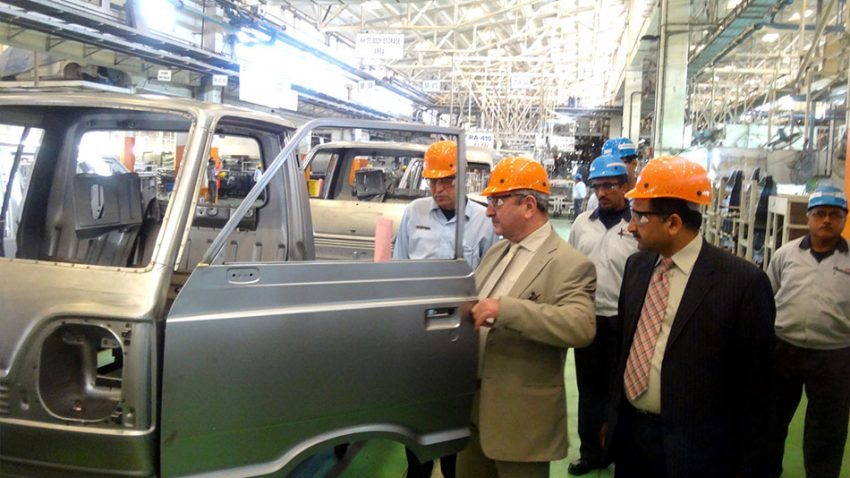
As for the new companies they still have to make their factories first. Local manufacturing of parts is still a distant dream as they have to first tie up with local vendors who will manufacture the required parts for them. Delivering on their promise of local job creation in the thousands is a distant dream as well.
Here, again, we see the flawed approach by the government towards the auto policy. All benefits have been given to the auto assemblers, yet the automotive parts makers/vendors have been completely ignored. No company makes all parts in-house. All companies rely on vendors to make parts for them. The parts vendors have been completely sidelined in the new auto policy; something that they have been screaming about. They have claimed often that because of the tax on the raw materials, their parts cannot be competitive in prices. The local assemblers import their parts instead of buying from them. Yet the cartel of the local assemblers by the name of PAMA, claims everything is OK and these pleas for help by the local vendors should be ignored. Why is the government doing this?
Related: Auto Parts Makers Unhappy with New Auto Policy
By giving the local vendors all the support that they need; by lowering the tax on the raw material they need, the parts vendors could be one of the key job providers in the automotive sector. They can be easily enabled to make parts for auto companies to be sold internationally. Also, taxes are increased on those raw materials which have local production. In order to promote local businesses to buy from local suppliers, taxes are placed on the imported material to get people to go for the local product. However, the quality of the raw material used in auto parts production is not available in Pakistan. The plastic quality/type is not made locally and the gauge of the steel required for body panels and frame and floor structuring is not made in Pakistan. Why then the high tax on items that are not available locally? Still, the government acts and passes laws that makes it seem like it is completely unaware of such basic facts. Only the auto assemblers are entertained or listened to. Parts vendors are the linchpin in achieving local parts manufacturing for local car production and achieving international auto parts supply from Pakistan, thus, becoming a key player in export revenue increase for the country. Yet they are completely ignored by the government and by the local assemblers.
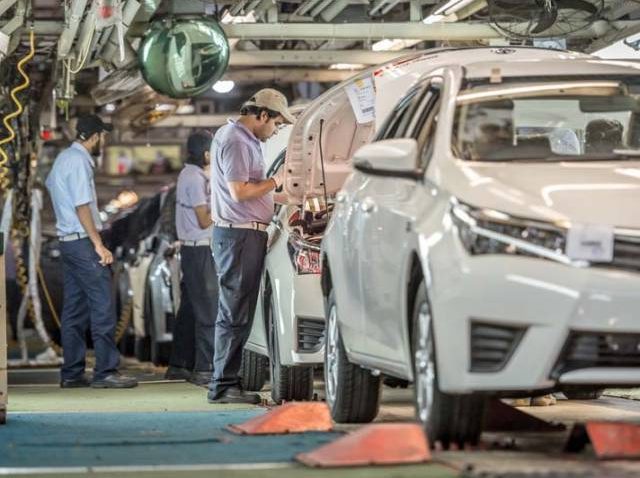
The local assemblers have all said that small car assembly for the masses is not on their agenda because there is no profit in it. Yet the government, on the recommendation of these local assemblers have stopped even the import of small cars for the buyers with limited means. Which means, for the average Joe, its either buy very old local used cars or go buy a two-wheeler. With the new restrictions on the imports, even the small cars are out of the reach of the middle class. In case of the auto industry, Pakistan seems to be regressing.
Related: Economic Advisory Group Says Auto Policy is Damaging for Consumers
These companies talk about technology transfers and bringing the latest technology here. In the case of our original three, some of the biggest car companies on the planet, we were still being sold a basic Mehran for more than 30 years. The only reason they stopped was because they could not import parts for it anymore; meaning, it was still not locally produced. The, unofficial, official car of Pakistan, the Toyota Corolla is still one generation old and is not even half localized in parts. The “fully loaded” Alto VXL AGS by Pak-Suzuki, is sold as the very basic base-model in Japan. The one generation old Honda City is the “new” Honda city in Pakistan; and now chances are we will be getting the soon to be one generation older Suzuki Swift in Pakistan.
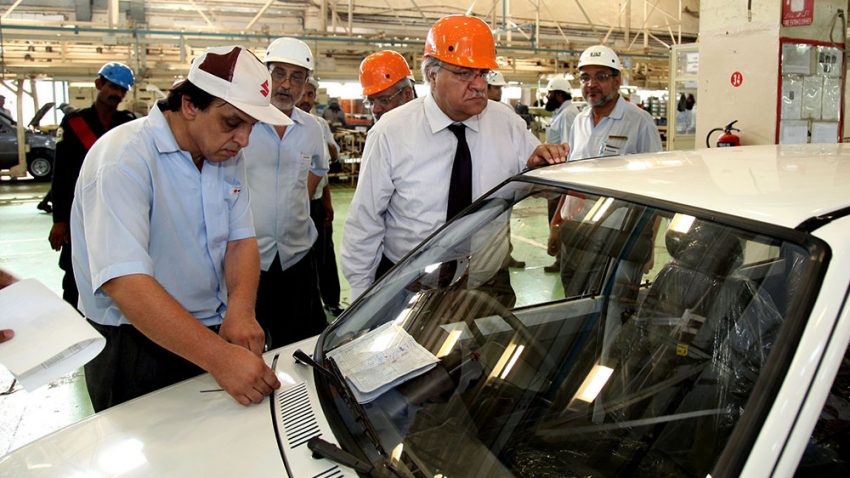
The local assemblers, especially the old three have made Pakistan a dumping ground for obsolete technology and obsolete models (Suzuki Bolan and Suzuki Ravi anyone?) being sold to us at over inflated prices for decades beyond their obsolescence date. Yet the government has no way of implementing any meaningful monitoring and control; nor does it seemed bothered to do so. At least with used car imports the local car buying masses were/are truly treated to the latest in in-car electronic assists and safety features that actually work. On top of all this, the used car imports have always cost much less than the local car assemblers in import costs. How is that for irony?
Related: Suzuki Carry (Bolan & Ravi) Becomes 42 Years Old
The new companies are, almost all, importing their cars. Proton, MG and Haval just had new shipment come in. The import bill is surging. But that is, somehow, OK. Even the old three assemblers of Pakistan, Toyota Indus, Pak Suzuki and Honda Atlas also import some of their vehicles in the local lineup. I have discussed this point in one of my previous articles. I will only state the most known SUV from what I discussed in that article just to make my point.
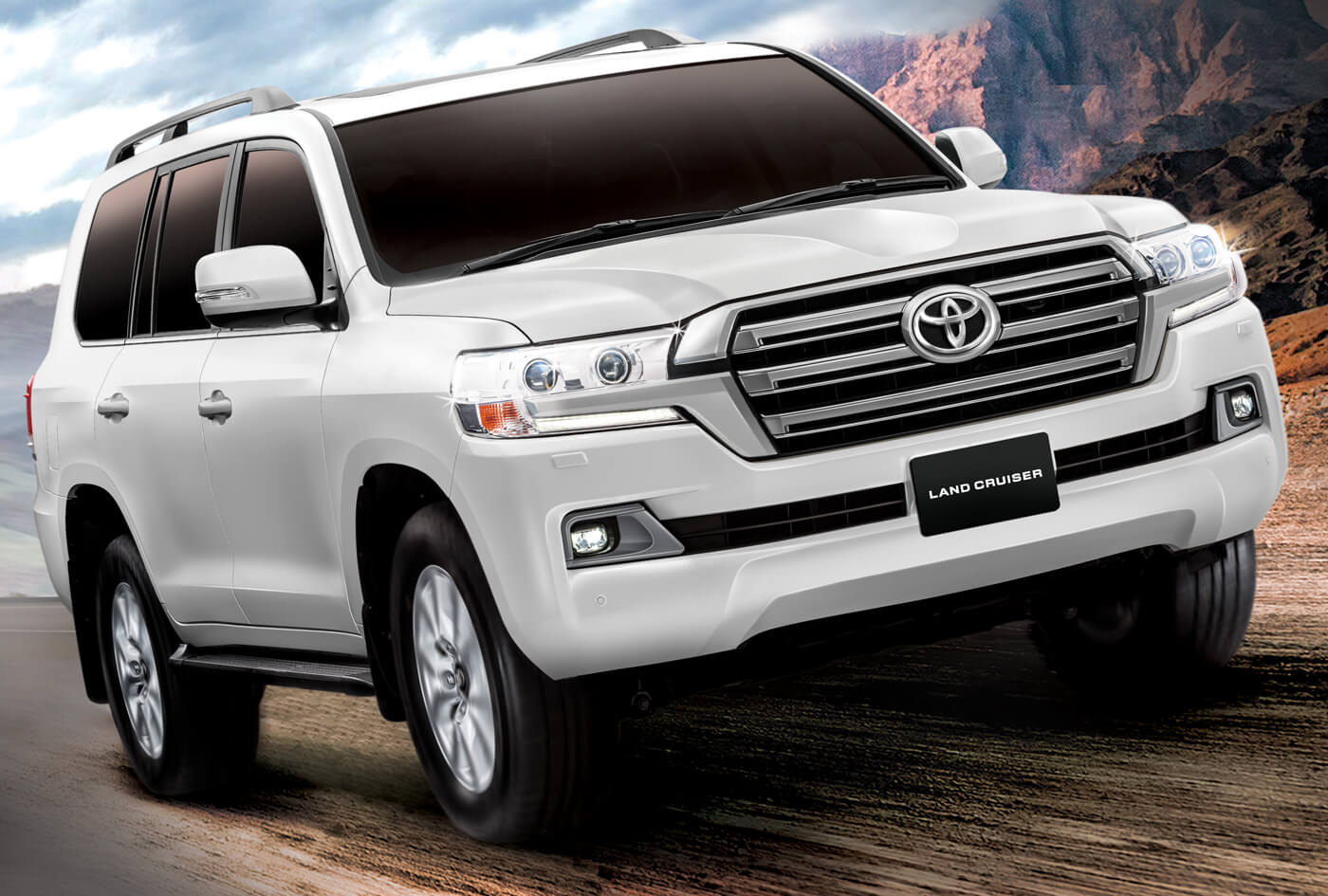
Toyota Indus imports the Land Cruiser from Japan just like some other countries such as the Philippines and Vietnam. At the time of that write-up, the old generation of the Land Cruiser was still being sold in Japan. The price, when converted to PKR, of the last-gen Land Cruiser in Japan was around Rs 8 million. When it was imported into Philippines. After factoring in import costs, taxes and other company costs and profit, it was priced in Philippines at PKR 16 million. A price increase of 100% from the original price in Japan. In Vietnam, a country famous for its high rate of taxes on cars; after import and factoring in all costs, tax and profits by the company, it was priced at PKR 28 million in Vietnam. A price increase of 350% from the original price in Japan. Yet in Pakistan, this same SUV, that was procured from Japan just like these other countries, was sold for an eye watering and mind boggling PKR 53 million. A price increase of 650% from the original price in Japan.
Related: Huge Imbalance in CKD vs CBU Pricing
The going explanation for this is that the tax rate in Pakistan is 365% for these big and/or luxury vehicle imports. Even if we factor in that tax amount, Toyota IMC was charging 200% the original piece of the SUV just in profits only. The same is also true for the Toyota Camry, Honda Accord etc. Why are these still imported? Why are these not yet localized? Hyundai did their localization with their brand-new Sonata. Why are the old three not being held accountable or asked for their failure in localizing these vehicles?
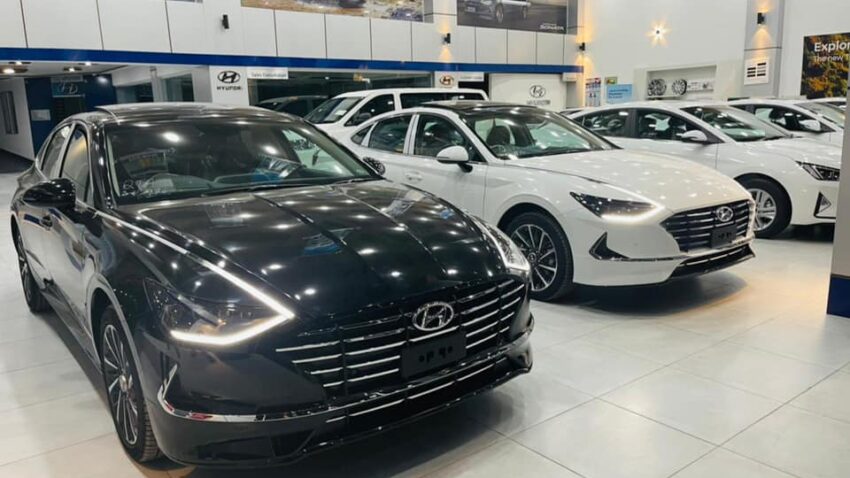
Where are the assembly line jobs and other direct and indirect related jobs that these companies have been promising for decades about creating? There is always something that they sight as an alibi that keeps them from delivering on their promises of localization and job creation. Why is this import of such crazy expensive vehicles and their over-exaggerated pricing not bad for our economy? Mercedes, Audi, BMW etc. are all importers yet none are bad for the economy. Why? The Government seems oblivious to this or is least bothered to ask the local assemblers and big-name importers for any explanation.
Related: Imported Cars That Are Launched For Nothing
This government, on many occasions, has claimed that the 2-wheeler is the “Sawari” of the middle class. Where other nations such as (even) Vietnam are now enabling their people to move away from 2-wheelers, we are regressing. We went from cars being affordable by the middle class to 2-wheelers being deemed the transport of the middle class. How very sad.

All this, for a few dollars more. The government got a cash injection when these companies got their agreements to establish assembly plants. Money that these companies will collect with interest from our nation by bringing in billions of dollars’ worth in CBU units and parts to assemble here and sell to us. Costing the nation and adding to the burden on the import bill.
Related: Rising Difference in Motorcycle & Car Prices & the Need to Fill the Gap
The government has also patted itself on the back by making car financing cheaper. The issue there is, those with the means to sustain and support the years of payment for overpriced cars, with interest, can go for those financing schemes. Most cannot afford it.
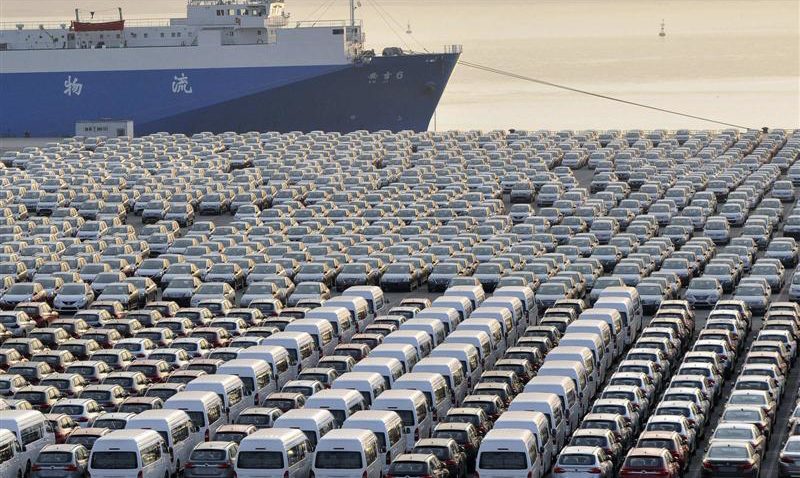
The government claims that the imports are not stopped and what the SRO did was close a loophole. Yet, Pakistan has no official large scale import policy like other nations. The import is still done under the grey area of the transfer of residence, gift or baggage scheme. Why has the government ignored this and not implemented a proper import policy that will also address the issue of money send abroad illegally for imports?
Related: How Not to Launch New Cars in Pakistan
The government’s current approach is not in any way helpful to localization or to the Pakistani market. It has supported the influx of expensive CBU and CKD imports by these multinational companies into Pakistan, yet it is, somehow, not hurting the economy. The government has effectively put a damper on the much cheaper used-car imports because those, somehow, were hurting the economy… and the masses are again left to fend for themselves.
It seems like the government’s approach is very much “Hey, we can’t seem to arrange affordable bread for them; so, let’s just get them expensive cake instead and call it a day!”
To read the first part of this article, click below:
The Costly Auto Industry of Pakistan- Destination Unknown (Part 1)
Contributed by: Muhammad Ali Khan– A guy who is passionate about cars and concerned about the state of the auto sector in the country.


CarSpiritPK welcomes Guest Posts. If you have the ability to generate quality content and can write some relevant and useful piece of information to be shared with our readers, feel free to contact us at: [email protected] Send you emails titled as (Guest Post submission)




